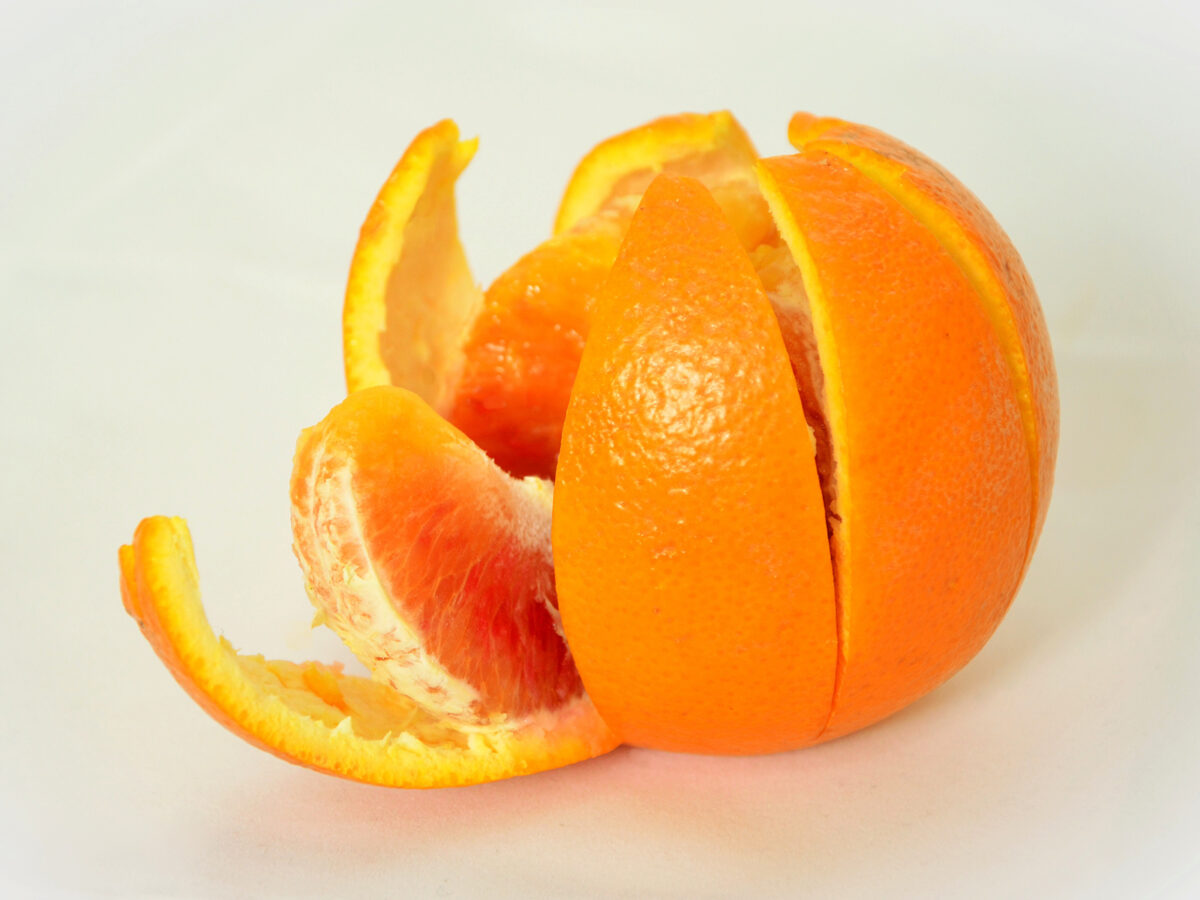Blog
Dental hygiene tips for healthy teeth & gums

Is All Fruit Healthy for Teeth?
Many people enjoy eating fruit as part of a healthy lifestyle that keeps their bodies, including their teeth, in good health. Fruits such as lemons, kiwis, oranges, grapefruit, and strawberries are sweet and juicy and contain a lot of vitamin C. However, excessive consumption of these foods can damage your teeth. If you consume too much fruit every day, you may be at risk of tooth decay.
Do Fruits Damage Your Teeth?
The health benefits associated with fruit are well known since it is packed with vitamins, minerals, antioxidants, and a variety of nutrients necessary for boosting immunity, protecting against diseases, and maintaining healthy skin, hair, and nails.
Nevertheless, since some fruits are naturally higher in sugar and acids than others, you may be concerned about the effects of fruit on your teeth. Fruit does not adversely affect your oral health. Even so, you must explore the impact of fruit on our teeth and how to enjoy the health benefits of fruit without compromising your dental health.
Fruit Sugars And Acids: How Do They Affect Your Teeth?
Fruits contain a wide assortment of health-boosting vitamins and minerals, as well as natural sugars and acids, both of which can damage teeth. Sugar can remain on the surface of the teeth for a long period of time and contribute to the growth of bacteria. A buildup of this bacteria can cause the enamel – the protective layer of the tooth – to become worn, making your teeth more susceptible to decay.
In addition, acidic fruits such as pineapple, grapes, and oranges can cause enamel erosion by softening the enamel. The following are signs of enamel erosion in teeth:
- Sensitivity is increased
- Intense discoloration
- Getting Cracked
- Teeth with rounded ends
- Transparency
Does Fruit Cause Tooth Decay?
Despite initial assumptions that sugar, in fact, is responsible for enamel and tooth damage, it is actually acidity that causes the majority of the damage. No matter how hard the enamel is, it can be weakened and demineralized if exposed to excessive amounts of acid over time. Consuming fruit and fruit juices with a high acid content will initially result in the enamel becoming softer and discolored, which will eventually result in tooth decay. In terms of enamel erosion, different fruits have different effects based on their acid content.
To prevent erosion and tooth decay, it is not necessary to give up fruit. As long as you take precautions and limit the amount of acidic fruit in your diet, health professionals will always support and advise eating fruit and vegetables.
What Is The Best Way To Enjoy Fruits Without Damaging Your Teeth?
Do you think fruit is bad for your teeth based on what you know about sugar and acid? Yes, but only if you consume too much fruit. In addition, there are simple steps you can take to minimize the effects of sugar and acid on your teeth.
By eating fruits low in acidity and sugar, such as berries, peaches, and apples, you can adequately meet your daily vitamin and antioxidant requirements without damaging your teeth enamel. However, it is recommended to consume fruits that are very sweet or sour in moderation, such as pineapple or mango.
As a precaution, you should rinse your mouth with water after eating sweet fruits to remove any sugar left on your teeth. When it comes to the question, “Is fruit bad for your teeth?“the best answer is “everything in moderation.”
Despite the fact that some types of fruit contain sugars and acids that can be harmful to tooth enamel, fruit offers a wide variety of health benefits that make it a much healthier choice than sugar or processed foods.


